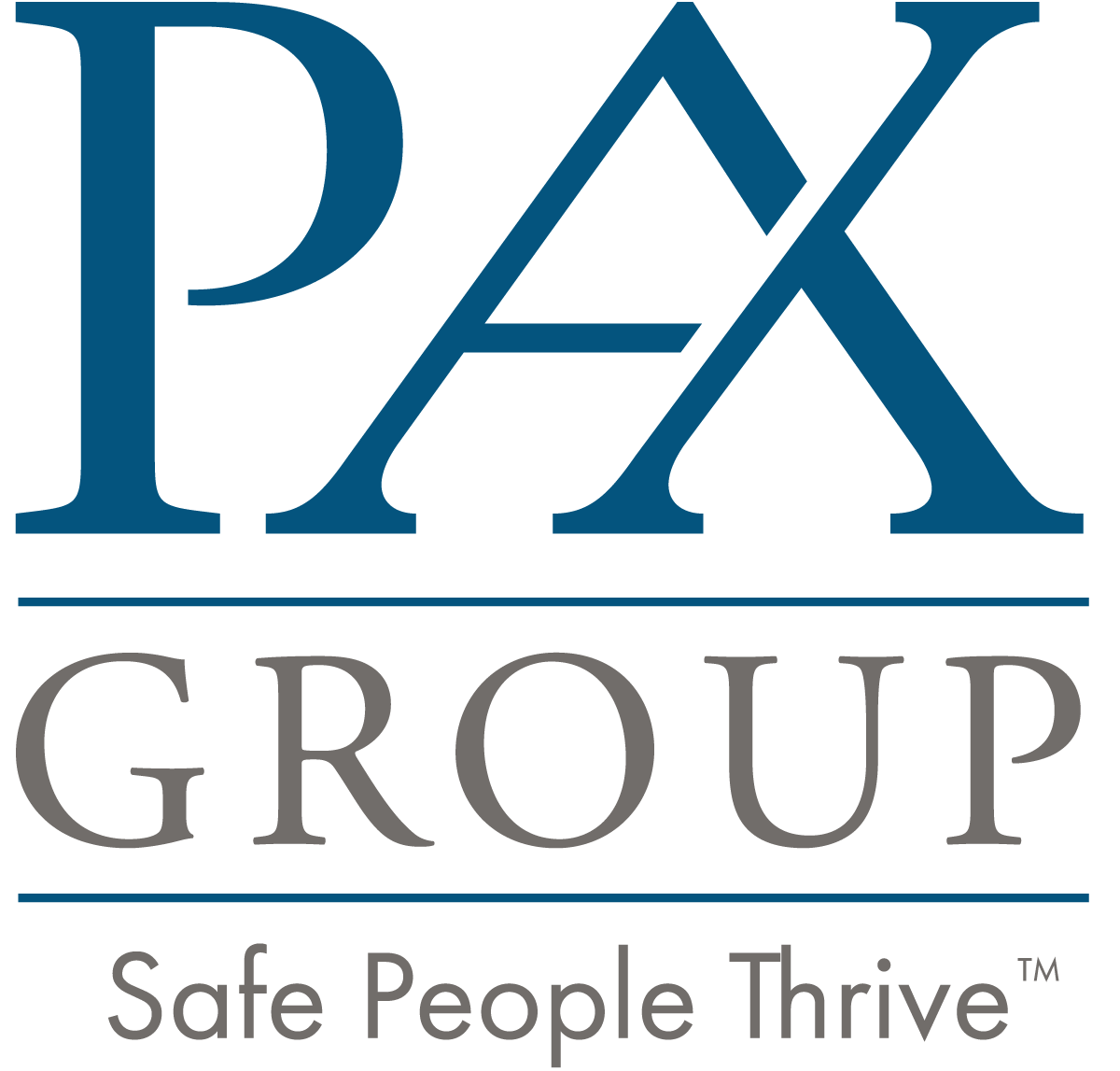How Companies Can Cultivate Safety and Civility Inside – and Outside – Their Walls
Civility and safety have been restored in the Capitol.
What about at your company?
For some time to come, we will see individuals across the nation arrested on charges in relation to the attack on the Capitol and other threatened violence. As the FBI combs through thousands of hours of digital evidence, it’s also time to evaluate the corporate responsibility to safeguard people and spaces.
The riot January 6th amounts to an opportunity for organizations to review and renew internal policies around bullying, hate speech and overall conduct. The intense partisan climate also calls on leaders to help employees engage with each other in ways that are respectful and help rebuild trust in the country overall.
First things first. Organizations must make clear that violence, threats and hate-speech will not be tolerated by employees–on company time or on personal time. Organizations must also establish and emphasize effective and, when necessary, anonymous ways to report violations to maintain safety and accountability.
This isn’t just a matter of protecting employees from physical harm. It also is about creating a high-performance culture. Safe people thrive. So do organizations, when leaders set clear guidelines for what will and won’t be tolerated.
Too many organizations have experienced incidents of workplace violence in recent decades. Causes range from personal grievances to mental illness to extremist religious and political views. Among the biggest domestic threats today is from those with radical right-wing views.
“I am particularly concerned about white supremacist violent extremists who have been exceptionally lethal in their abhorrent, targeted attacks in recent years,” then-Acting Secretary of the Department of Homeland Security Chad Wolf wrote in a Homeland Threat Assessment report last year.
The most extreme of these partisans showed a willingness to engage in violence at the Capitol January 6th. Even as authorities pursue the insurrectionists, organizations have a responsibility to defend democracy as well. Already, a number of the rioters have been identified and been fired by their employers.
But there’s a wider role for organizations than just disciplining or expelling those employees who violate codes of conduct.
Work is a rare place today where people of all backgrounds and beliefs can come together. Companies can help repair a torn social and political fabric, by fostering constructive respectful conversations among employees.
Rather than trying to squelch or ban discussion of hot-button issues, leading companies are creating space for people to share their views. It can be helpful to anchor conversations in company values, thereby boosting a sense of common ground.
Technology giant Cisco has set a good example here. It invited employees to share views on racial justice matters in the wake of George Floyd’s killing last year. To help staffers understand how to keep the conversation productive, company leaders provided a set of examples of comments that were color-coded. Green comments were respectful, productive and inviting. Yellow ones veered into dangerous territory, and red ones were toxic and disruptive.
In the end, the riot in Washington, D.C. has been a challenge for organizations seeking to do business in a secure democracy. But it’s also a chance. A chance to build safer, more trusting company cultures, and to support a more civil society.
Phil Andrew is a former FBI agent and Principal of PAX Group, a consulting firm that helps leaders and organizations build healthy, resilient organizations and achieve better outcomes. Ed Frauenheim is co-author of several books on workplace culture, including A Great Place to Work For All.
